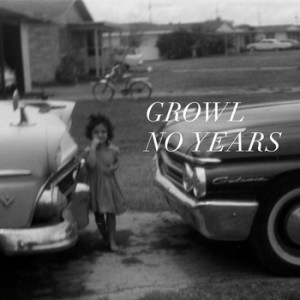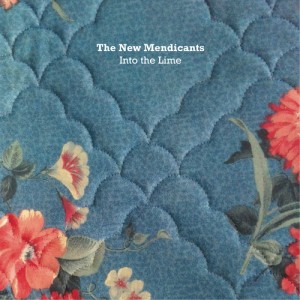Dum Dum Girls – Too True
When it comes to catchy noise pop, Dum Dum Girls already have two full-length albums and a handful of EPs under their belt. Though they originally released those first two albums in back to back years, they’ve let a few years pass since Only In Dreams of 2011. In that time, it seems that this group of ladies has poured themselves into Too True and it shows; this album is filled with what sounds like their best tracks up to date.
“Cult of Love” starts Too True out in a sultry and exciting fashion, with the girls embarking on their third LP. Musically, there are a lot of things going on, but none of which seem to overcrowd the sound space that these ladies are working with. Though it still fits into the style that Dum Dum Girls have established, there is a bit of reserve and overall poise in this first number. The drumbeat, although still fast paced, feels like a comfortable pace, whereas in the past they might have been leaning a bit on the drums, furiously trying to allow the rest of the elements to catch up. Here, however, we have a nice combination of the classic sixties surf rock riffs in the guitar with swirling synth coating everything in a new, extra sinister sounding layer of darkness that suits their sound perfectly.
That’s the change for the band here that ought to have you still interested in what this band is putting out, and it is apparent even in the softer corners of this album. On “Are You Okay,” the hard-edged guitars are replaced with delicate, acoustic sounding strumming, but Dee-Dee’s signature vocals still bring it down from getting too light and airy. Even the last song on the album, “Trouble Is My Name,” that features mostly stripped down sound of Dee-Dee and some barely audible guitar for the beginning part, has lyrics like “I had a vision/ I wanted to be dead” which show the inherent darkness that presides over all songs here. As I mentioned before, it’s a step that really works for Dum Dum Girls, and though I enjoyed their past albums, this small change makes me feel like something was missing this whole time.
As per normal with this group, their albums aren’t entirely that long; at just around thirty minutes, they pack a lot of intriguing tracks into this time, and Too True is no exception. This time around, they’ve shown some significant maturation in their sound that offers new listeners and old something really great to jam to. I look forward to their continued forward progress in excellent noise/garage rock music.













